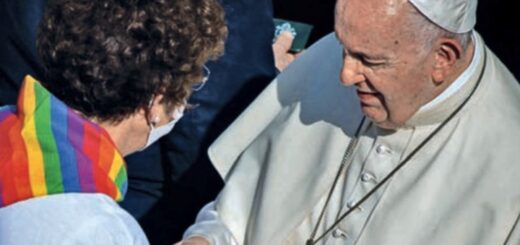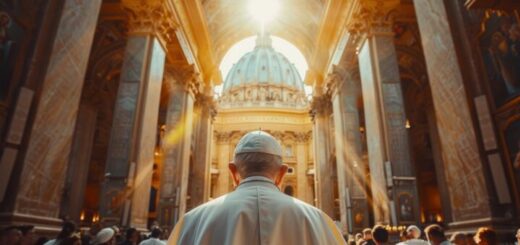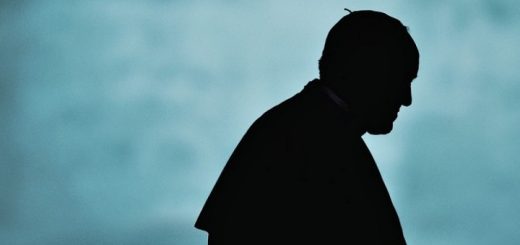Wishes under key. Journey between Uranian poets
Text published on the website Penny's Poetry Pages Wiki, freely translated by Giacomo Tessaro
The Uranians were a small clandestine group of poets who published their works between 1858 (the date on which William Johnson Cory published Ionian) and 1930. Most of them were English, but there was no shortage of US and French associates.
Origin of the term
It is commonly believed that their name derives from the work of the German activist Karl Heinrich Ulrichs, active in the 1960s; John Addington Symonds and others would have obtained the term "Uranians". It is believed that this word, at least as regards the English -speaking countries, derives precisely from the work of Ulrichs.
Michael M. Kaylor writes in his book Secredd Desires: The Major Uranians: Hopkins, Pater and Wilde (Wishes under key. The greatest Uranian poets: Hopkins, Pater and Wilde): "Since the major among the Uranians were scholars of classicism, they consider the idea, very widespread, that the 'Uranian' term derives from the apologies and legal appeals written by Karl-Heinrich Ulrichs in the 1960s, even if the term he coined 'Urning' (who wants to indicate 'a female psyche in a male body') derives in particular from the same classic sources, in particular from the same classic sources. 'Symposium'. pederasty; and even when a connection with Germanic ideas and terminology has been established, it still appeared much after the term had become common in the Uranian clubs, therefore it was not a 'loan', but a 'bridge' with people with similar ideas beyond the sleeve, as Symonds also wrote ".
The movement
The work of Uranian poets is characterized by an idealization of the history of ancient Greece, by the sentimental infatuation of mature men for teenage children and by the use of conservative poetic forms.
The greatest poets of this circle were William Johnson Cory, Lord Alfred Douglas, Montague Summers, John Francis Bloxam, Charles Kains Jackson, John Gambril Nicholson, Rev. Ee Bradford, John Addington Symonds, Edmund John, John Moray Stuard-Young, Charles Edward Sayle, Fabian S. Woodley and many authors who wrote under pseudonym, such as "Philebus" (John Leslie Barford) and "A. Newman" (Francis Edwin Murray). The eccentric novelist Frederick Rolfe (known as "Baron Corvo") was a fixed presence in their social network, both in Venice and outside.
Their fame was limited by the taboos of the Victorian era and then of the Edoardian one, by the very limited editions of their works (often printed privately), and by the sugary and sometimes misogynate nature of their poetry. However, the historian Neil McKenna states that Uranian poetry played an important role in the homosexual subcultures of the high society of the Victorian period, and that poetry was the main means through which writers such as Oscar Wilde, George Ives and Rennell Rodd tried to refute the anti -homosexual prejudices of their time.
On the margins of their world we find more famous writers such as Edward Carpenter, but also the dark and prophetic poet and printer Ralph Chubb, of which we remember the splendid volumes of lithographs that celebrate the ideal of teenage boys. The Uranian attempt to revive the Greek concept of paverestia It was not successful because of the conservatism of the Victorian customs.
Original text: Uranian Poetry






